Keywords: Effects
There are more than 200 results, only the first 200 are displayed here.
-
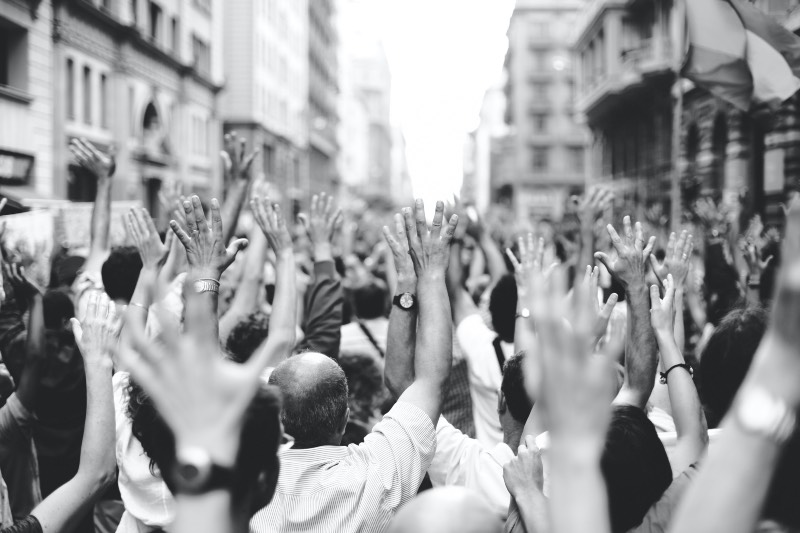
INTERNATIONAL
- Andrew Hamilton
- 15 April 2021
4 Comments
The parallels with our own times of the events of Black Friday in 1921, with its movement from a time of heavy social spending and the flowering of social capital to a time of recovery, and the fateful choices that are made at such times, are evident. We await the results of the economic choices being made by government and their effects on community and solidarity.
READ MORE 
-
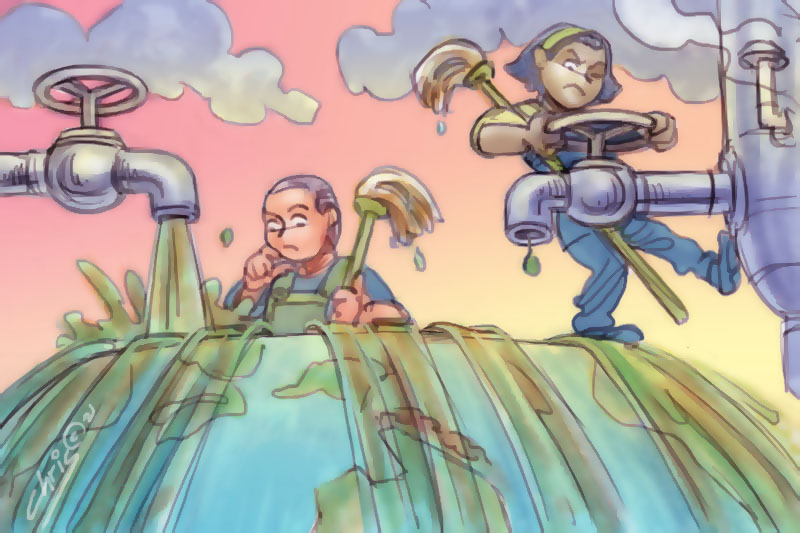
AUSTRALIA
- Yolanda Waters
- 06 April 2021
2 Comments
The health of the Great Barrier Reef is now in critical status. And with current efforts to limit global warming to 1.5 degrees far from sufficient, suffice it to say, things are not looking so great for the Great Barrier Reef. Restoration efforts are designed to help guide the Reef through the next few decades of locked-in warming but, they will only be effective if we combine them with a serious reduction in global emissions.
READ MORE 
-
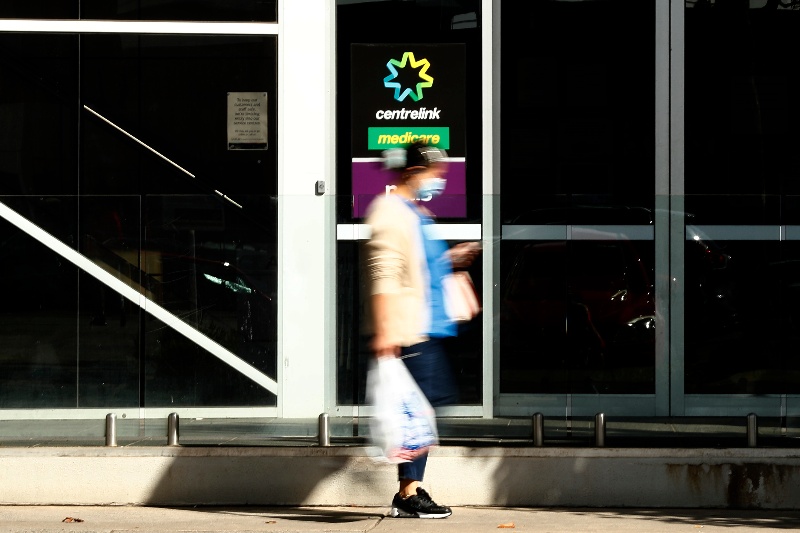
AUSTRALIA
- Ursula Stephens
- 01 April 2021
1 Comment
At the beginning of the Covid-19 pandemic, the government reassured Australia ‘We’re all in this together’ but the truth is that the end of JobKeeper and the Coronavirus supplement payments will leave more than 2.6 million people in poverty.
READ MORE 
-
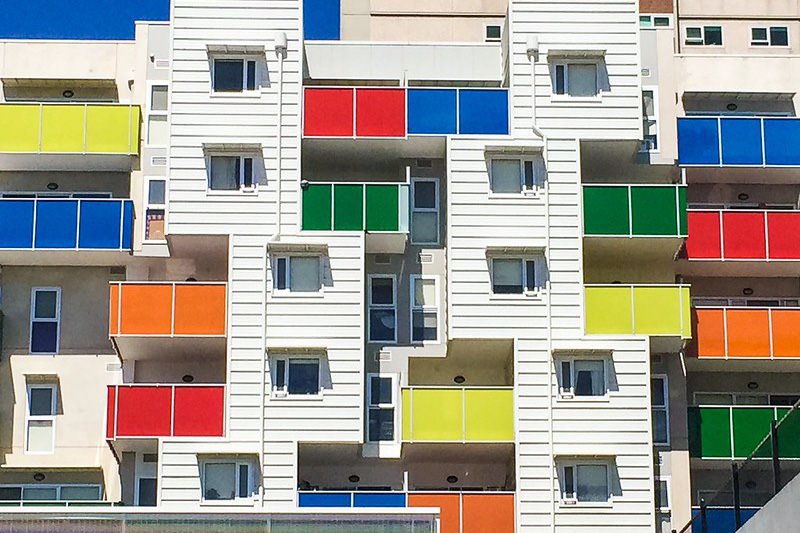
AUSTRALIA
- Andrew Hamilton
- 25 February 2021
16 Comments
Discussion of housing usually focuses exclusively on its relationship to the economy. Housing is seen as property, and the most important questions are seen as having to do with buying and selling. This transactional aspect is important. It needs, however, to be seen in the light of the larger human good. From that perspective housing in all the various forms it takes in different cultures is not a possession but a human need.
READ MORE 
-
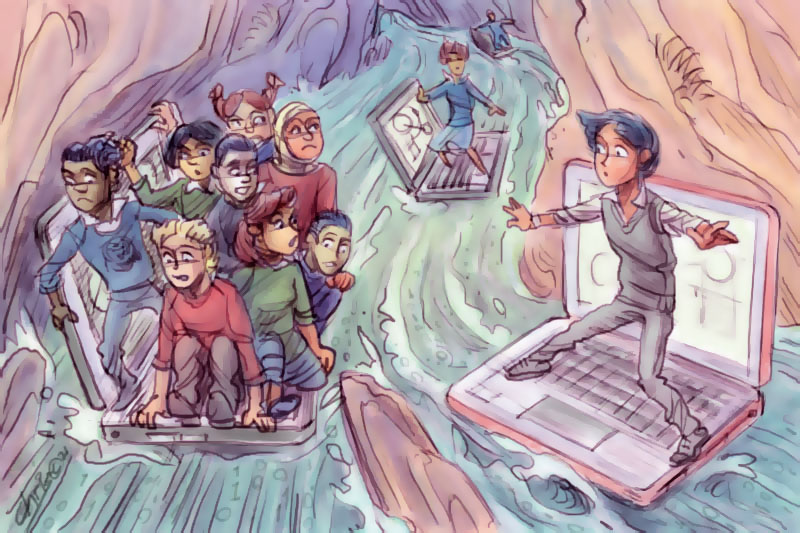
AUSTRALIA
- Nicola Heath
- 23 February 2021
3 Comments
For those of us who already regularly shopped, banked, studied and worked via the Internet, it was easy to adapt to telehealth appointments with doctors and video calls with friends and family. Of course, these activities require access to the Internet — something 2.5 million Australians are without. A further 4 million access the Internet solely using a mobile connection. For these citizens, the pandemic exacerbated the existing digital divide.
READ MORE 
-
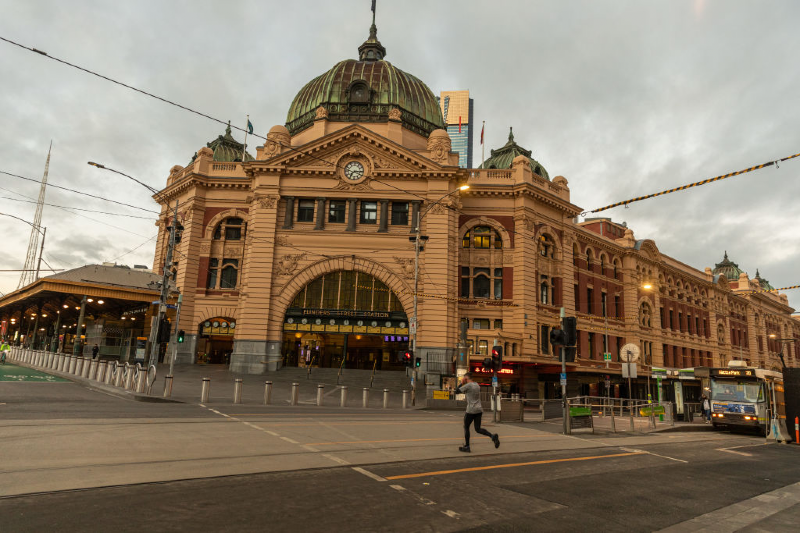
AUSTRALIA
- Julian Butler
- 18 February 2021
7 Comments
Each of us has our own experience of the first COVID year. We do all share some of the best results in supressing the virus anywhere in the world. Talk, though, of social cohesion and government competency is loaded here in Melbourne.
READ MORE 
-
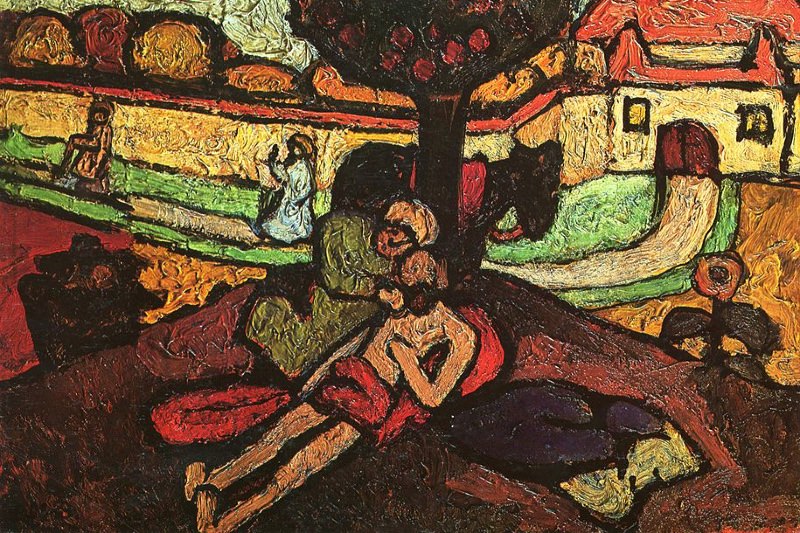
FAITH DOING JUSTICE
- Julian Butler
- 11 February 2021
4 Comments
The size and spread of government payments in past 12 months has held steady, and to some extent, improved the circumstances of many on low incomes or government support. The withdrawal of that support risks returning many to payments that do not provide for basic human needs.
READ MORE 
-
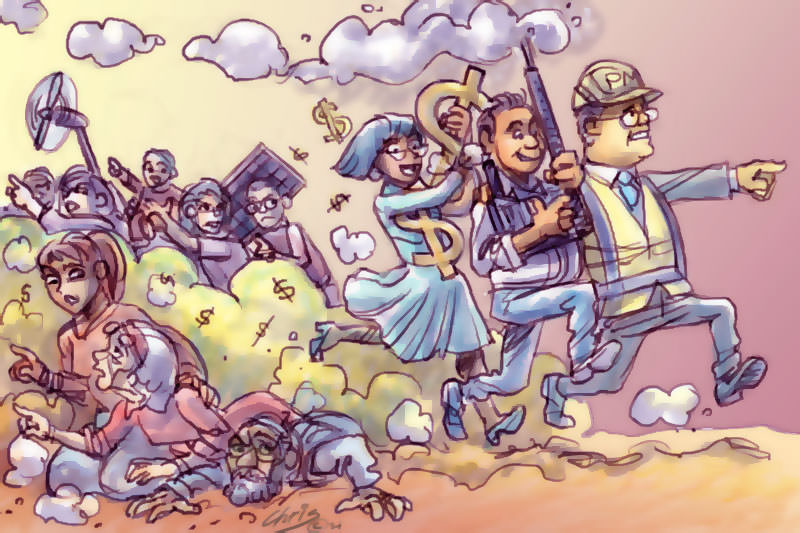
AUSTRALIA
- Benedict Coleridge
- 09 February 2021
30 Comments
The celebration of pragmatism in Australian politics obscures the role that ideology has always already played. In fact, one of the more stealthily ideological moves in Australian politics, generally made within that swirl of commitments people call ‘centrism’, is the de-politicisation of policy — the attempt to present policy as responsive to natural imperatives rather than to specific values and ideals.
READ MORE 
-

MEDIA
- Peter Donnan
- 19 November 2020
66 Comments
Author Gideon Goosen estimates the percentage of those involved in reform groups in Australia is 5 per cent or less. Given the passivity of the laity, his view is that reform proponents should seek to engage the 40 to 45 per cent who might change their thinking. What forums or media, with sufficient audience reach and influence, facilitate respectful discussion of change in the Catholic Church?
READ MORE 
-
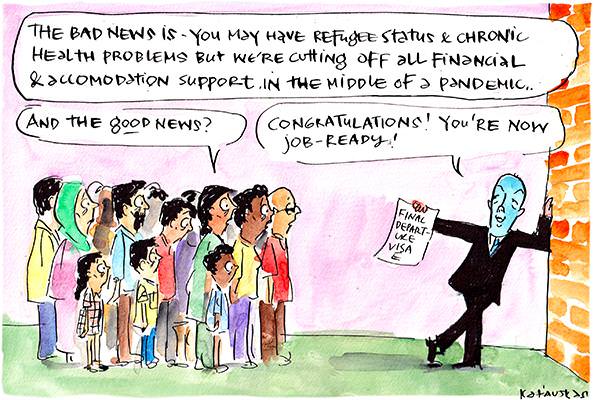
AUSTRALIA
- Andrew Hamilton
- 29 October 2020
8 Comments
If society were a mine, refugees would be the canaries in it. Their condition reveals whether the currents of public air are pure or toxic. By that standard the present currents in Australia are noxious. They mark a change from the first generous response to the coronavirus to the meaner reconstruction of the economy.
READ MORE 
-
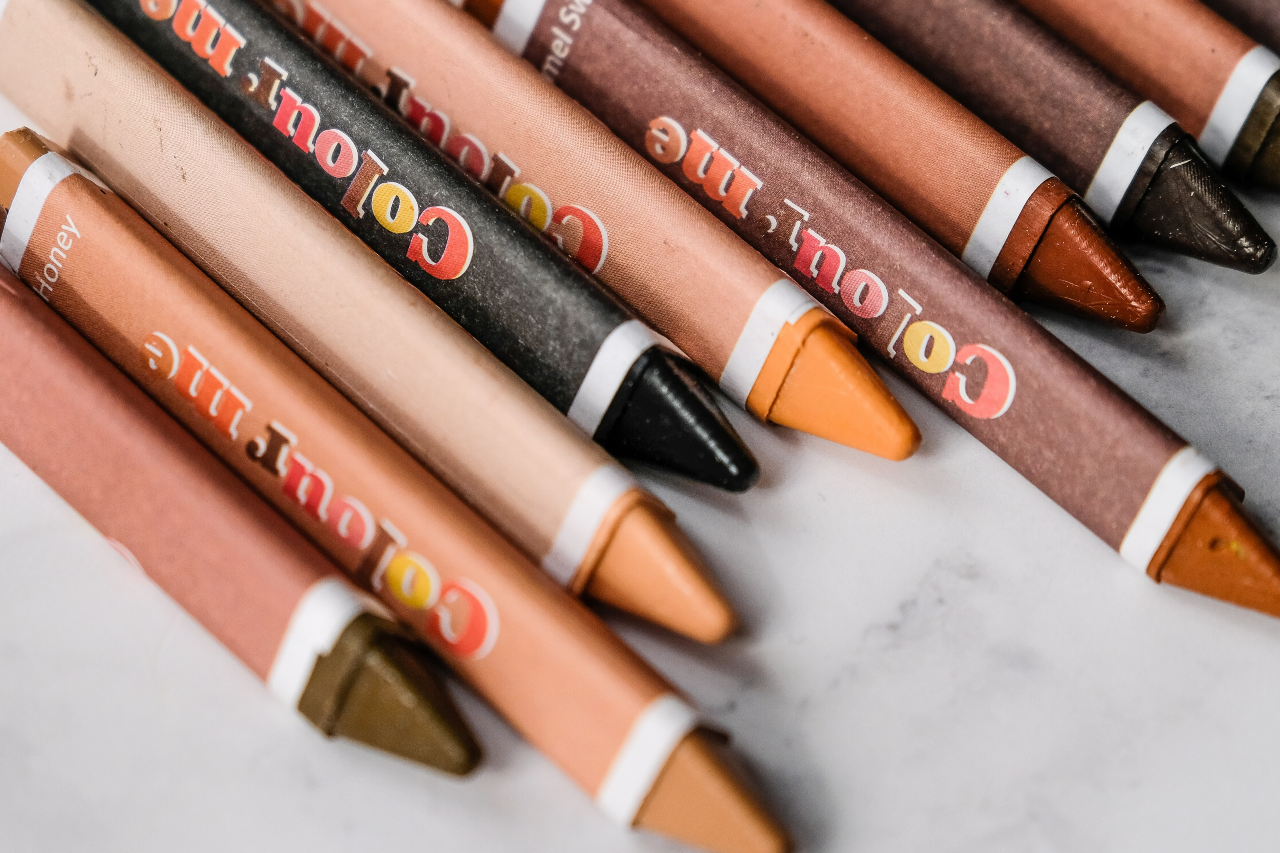
ARTS AND CULTURE
- Seetha Nambiar Dodd
- 20 October 2020
3 Comments
The story of colourism has roots that go back many generations; it has trickled relentlessly through time and is still evident in many ways today. In many countries with a colonial history, light skin was perceived, for a long time, as belonging to the upper classes, constituting power and wealth.
READ MORE 
-
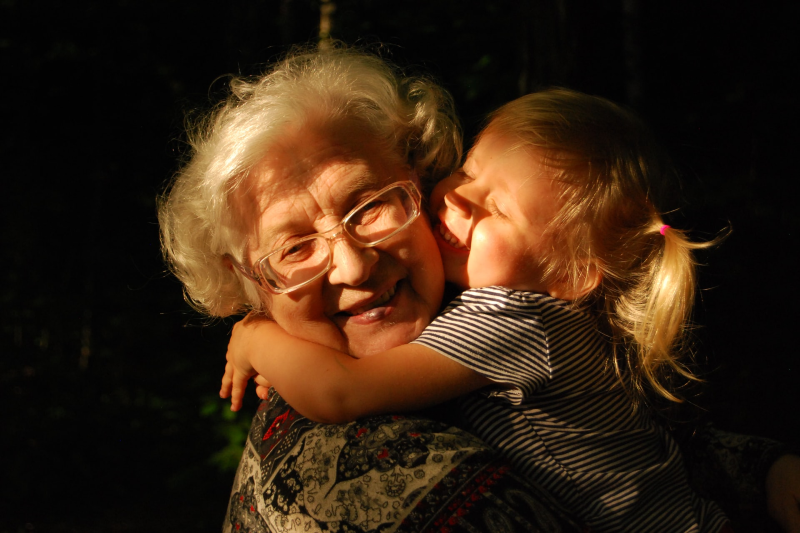
AUSTRALIA
- Andrew Hamilton
- 01 October 2020
7 Comments
The response to COVID has invited reflection about the relative value of one human death (and so of one human life) as compared with another. This is a radical question because it makes us ask whether the value of a human life is defined by economic wellbeing and by potential contribution to the economy, or by deeper qualities.
READ MORE 